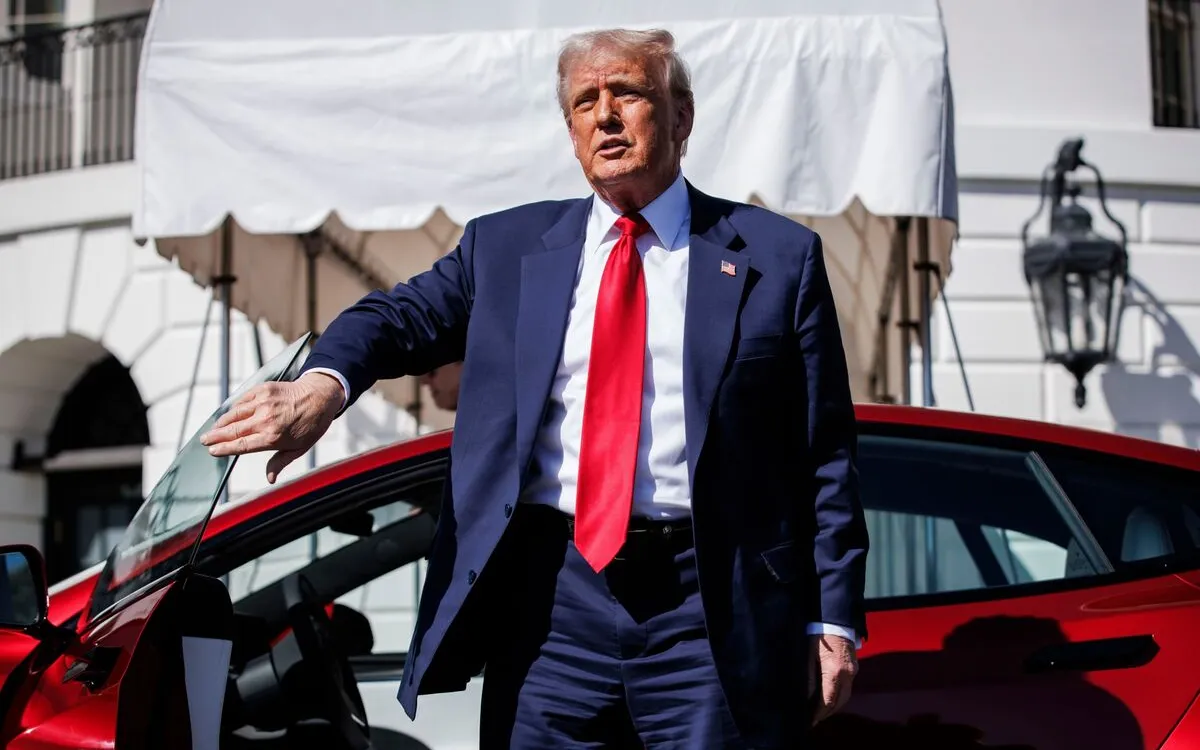
The recent decision by the Trump administration to eliminate federal incentives for electric vehicles (EVs) is poised to create significant challenges for the growth of battery-powered transportation in the United States. This move, however, is not expected to completely halt the progress of electric vehicle adoption across the nation.
On Thursday, Republicans in the US House of Representatives passed a bill that has now been sent to President Donald Trump’s desk. This legislation aims to abolish the tax credits that have been a critical support for electric vehicle buyers, offering savings of up to $7,500 as part of the 2022 Inflation Reduction Act. These tax credits have been instrumental in incentivizing consumers to make the switch to greener transportation options.
The removal of these federal tax incentives could act as a significant obstacle for many potential EV buyers who are considering transitioning from traditional gasoline-powered vehicles. The financial benefits provided by these credits have made electric vehicles more affordable and appealing to a broader audience. Without this support, the EV market may experience a slowdown in growth.
Despite these challenges, forecasts indicate that the elimination of federal incentives will not serve as an insurmountable barrier to the advancement of electric vehicles. Industry experts believe that the demand for cleaner, more sustainable transportation solutions will continue to drive innovation and investment in the EV sector. Many automakers are committed to expanding their electric vehicle offerings, which will likely help maintain momentum in the market even in the absence of federal tax credits.
While the Trump administration's plan to scrap federal incentives for electric vehicles presents a significant hurdle, the future of battery-powered transportation in the US remains promising. As public awareness of climate change grows and technology advances, the electric vehicle market is expected to adapt and thrive, potentially finding new ways to incentivize consumers and promote widespread adoption.